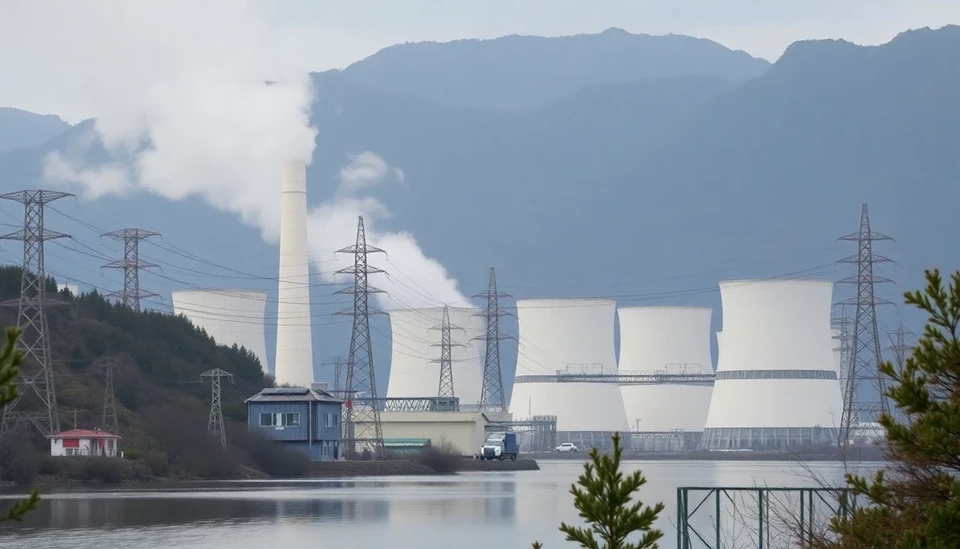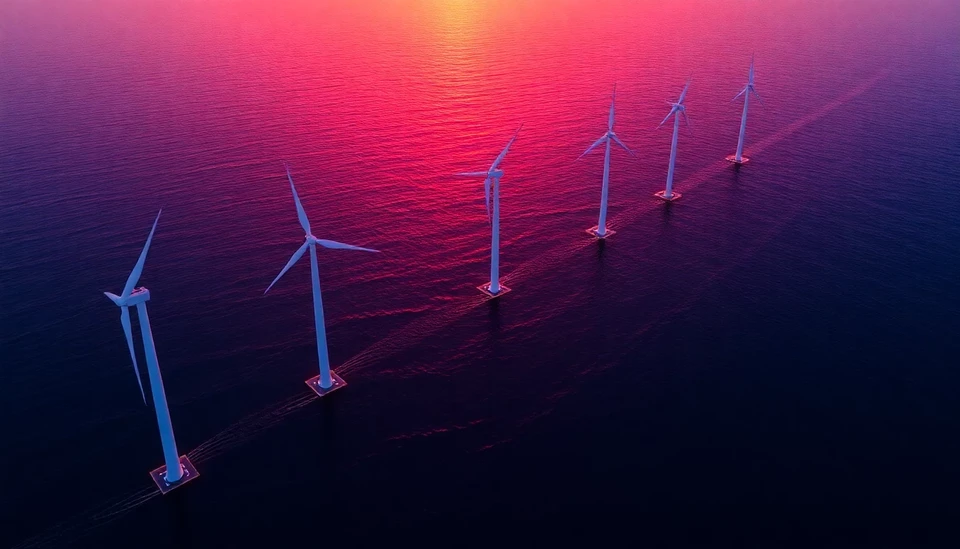
The energy landscape in Japan is on the verge of a significant shift as delays in the country's nuclear power sector threaten to tighten the overall power market. According to recent analysis from BloombergNEF (BNEF), the combination of slowed reactor restarts and an increasing demand for electricity is expected to create challenges for the country's energy supply, potentially elevating prices and leading to more volatile market conditions.
For many years, Japan has been navigating the aftereffects of the Fukushima disaster in 2011, which caused a major reassessment of its nuclear policy. The country had been reliant on nuclear energy prior to the disaster, but following the incident, the majority of its reactors were taken offline for safety checks and regulatory compliance. This has resulted in a reliance on imported fossil fuels to meet energy demands, significantly impacting the energy market and the economy at large.
BNEF's report emphasizes that while Japan aims to increase its nuclear power generation as part of its energy transition strategy, there have been notable delays in the restart of several reactors. As these delays extend, the anticipated uptick in energy production remains uncertain, raising fears that Japan could face energy shortages, especially during peak demand seasons.
Furthermore, the rise in prices for fossil fuels globally is compounding the issue. With the energy market increasingly reliant on imported sources, any fluctuations in commodity prices can have significant repercussions on the cost of electricity for consumers. If the nuclear reactors do not come online as scheduled, it could lead to further reliance on these expensive energy sources, perpetuating a cycle of high costs.
Analysts are also warning of potential regulatory and operational challenges that could create further setbacks in the nuclear sector. Security concerns surrounding the facilities and the stringent regulations imposed by the government have contributed to the slower-than-anticipated recovery of the nuclear fleet. The complications arising from these factors set the stage for a twitchy electricity market, where supply inconsistencies would likely result in higher prices for end-users.
In light of these concerns, stakeholders in Japan's energy sector are closely monitoring the situation, exploring alternative energy solutions, and pushing for policies that may expedite the nuclear restarts. However, any proactive measures must take into account public sentiment, which remains cautious around nuclear energy.
As Japan seeks to balance energy security, economic stability, and environmental responsibility, the challenges posed by delayed nuclear power resumption may very well reshape the country's energy landscape in the immediate future. The next steps taken by the government, energy producers, and regulatory bodies will be critical in determining how Japan navigates this complex path forward.
Ultimately, the stakeholders must navigate both the immediate pressures and long-term goals of creating a sustainable, reliable, and affordable energy supply for Japan's future. The situation is evolving, and continued vigilance will be required to ensure that Japan's power market can stabilize and adapt to these challenges.
Follow the latest developments surrounding Japan's energy market and nuclear policies for important insights into what this means for consumers, the economy, and the future of energy production.
#JapanEnergy #NuclearDelays #PowerMarket #EnergyCrisis #BloombergNEF
Author: John Harris

